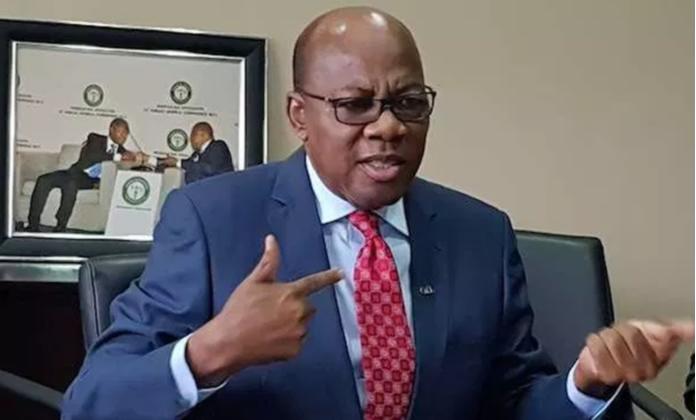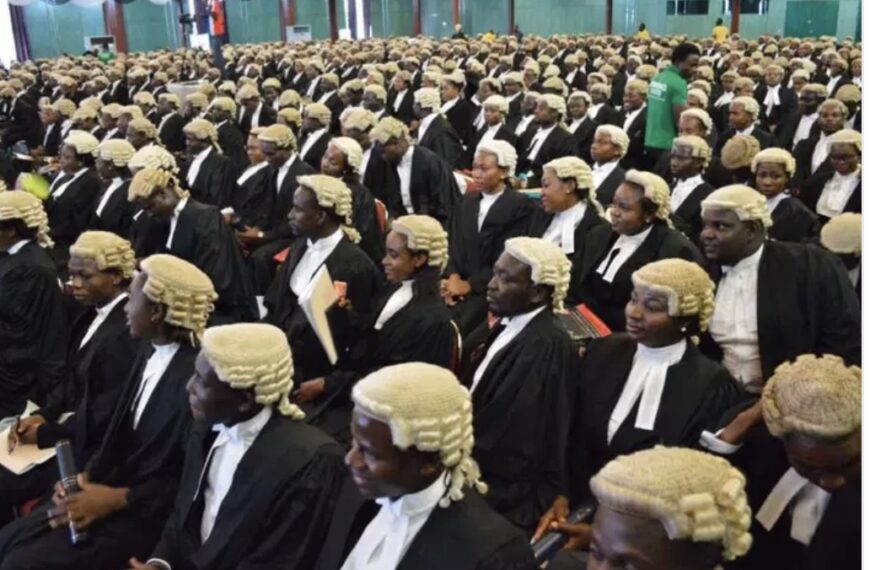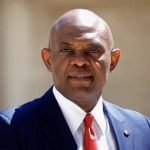Legal luminary and former President of the Nigerian Bar Association, Dr. Olisa Agbakoba, SAN, has proposed a N500 trillion national budget for 2027, asserting that such an ambitious fiscal goal is achievable only if “Nigeria undergoes deep-rooted political and economic reforms.”
Speaking during an interview on Arise TV on Monday, Agbakoba acknowledged that the proposed figure may appear “ridiculous” at first glance, but argued that it is both realistic and necessary, provided the Federal Government embraces a disruptive approach to governance and development.
“I completely understand; it may sound ironic, even far-fetched, to propose a national budget of N500 trillion. At face value, it does seem ridiculous. But let me provide a bit of context,” Agbakoba said.
He noted that despite decades of budgeting and national development plans spanning over 60 to 70 years, Nigeria has little to show in terms of measurable impact.
“I would argue that, frankly, none of them have truly delivered the desired outcomes. So what I am proposing is not just another plan, it’s a disruptive development blueprint, something fundamentally different from what we’ve done before.”
Agbakoba emphasised that Nigeria’s vast resources, both natural and human, are not in doubt. What is lacking, he said, is an effective mechanism for harnessing them.
“Nobody disputes that Nigeria is richly endowed. The real issue lies in how we manage and deploy these resources.”
Citing international examples, he pointed to the bold economic manoeuvres by former U.S. President Donald Trump, monetary strategies under Mark Carney, and China’s ongoing efforts to decouple from global supply chains as evidence of what is possible when nations take control of their development trajectory.
“These examples show what is possible when countries take bold, unconventional steps,” he added.
On how to make the N500 trillion budget a reality, Agbakoba outlined three key reform pillars: political governance, economic sovereignty, and tax reform.
According to him, the current political structure is a major obstacle to progress and must be reengineered.
“Nigeria cannot thrive under its current political framework. The Federal Government must downsize and devolve more powers to states and Local Governments, enabling them to become economically productive entities.”
He referenced the Oronsaye Report on public sector reform and called for the elimination of redundant government offices.
“I don’t see why we still maintain overlapping offices like the Office of the Head of Service, the SGF, and the Chief of Staff. The Office of the Head of Service, for instance, is a colonial relic.”
Agbakoba argued that Nigeria does not need more than ten ministries or departments, comparing the size of its bureaucracy unfavourably to that of the United States.
“If the United States operates with 16 departments, Nigeria certainly does not need more than 10. Reducing the size and cost of governance is the first step to wealth creation,” he said.
He also described the Federal civil service, which employs around three million people and consumes up to 80% of public revenue, as “simply unsustainable.”
Agbakoba decried Nigeria’s dependence on international oil companies for its oil production and called for a switch to the Saudi Arabian model of using service contracts rather than joint ventures.
“Nigeria is one of the few oil-producing nations that has effectively outsourced its core oil production capacity. These companies are, in many cases, wealthier than the Nigerian state itself.”
“We must retain ownership and control, ensuring that 80–90% of the wealth from our oil resources remains within Nigeria. Currently, less than 10% stays here—that has to change.”
He stressed that reversing this capital flight is essential to driving up national revenue and stimulating local investment.
Agbakoba also highlighted the successes of recent tax reforms led by the Federal Inland Revenue Service under the leadership of Zacch Adedeji.
“When we initially projected a N9 trillion economy, many said it wasn’t feasible. At the time, our tax revenue was around N2 trillion.”
“But under the leadership at FIRS—we’ve seen that figure climb from N9 trillion to over N50 trillion. And now, with the current reform trajectory, I understand we could hit N100 trillion.”
He described the progress as proof that “transformational growth is possible when systems are well-designed and properly implemented.”
Agbakoba concluded by reiterating that achieving a N500 trillion budget is not a pipe dream, but a national aspiration that requires structural changes and the courage to do things differently.
“So yes, achieving a N500 trillion budget will not happen overnight. But with political restructuring, economic sovereignty, and strategic reforms, it becomes a credible national aspiration,” he said. “It’s all about doing things differently, with boldness and intention.”
Punch












